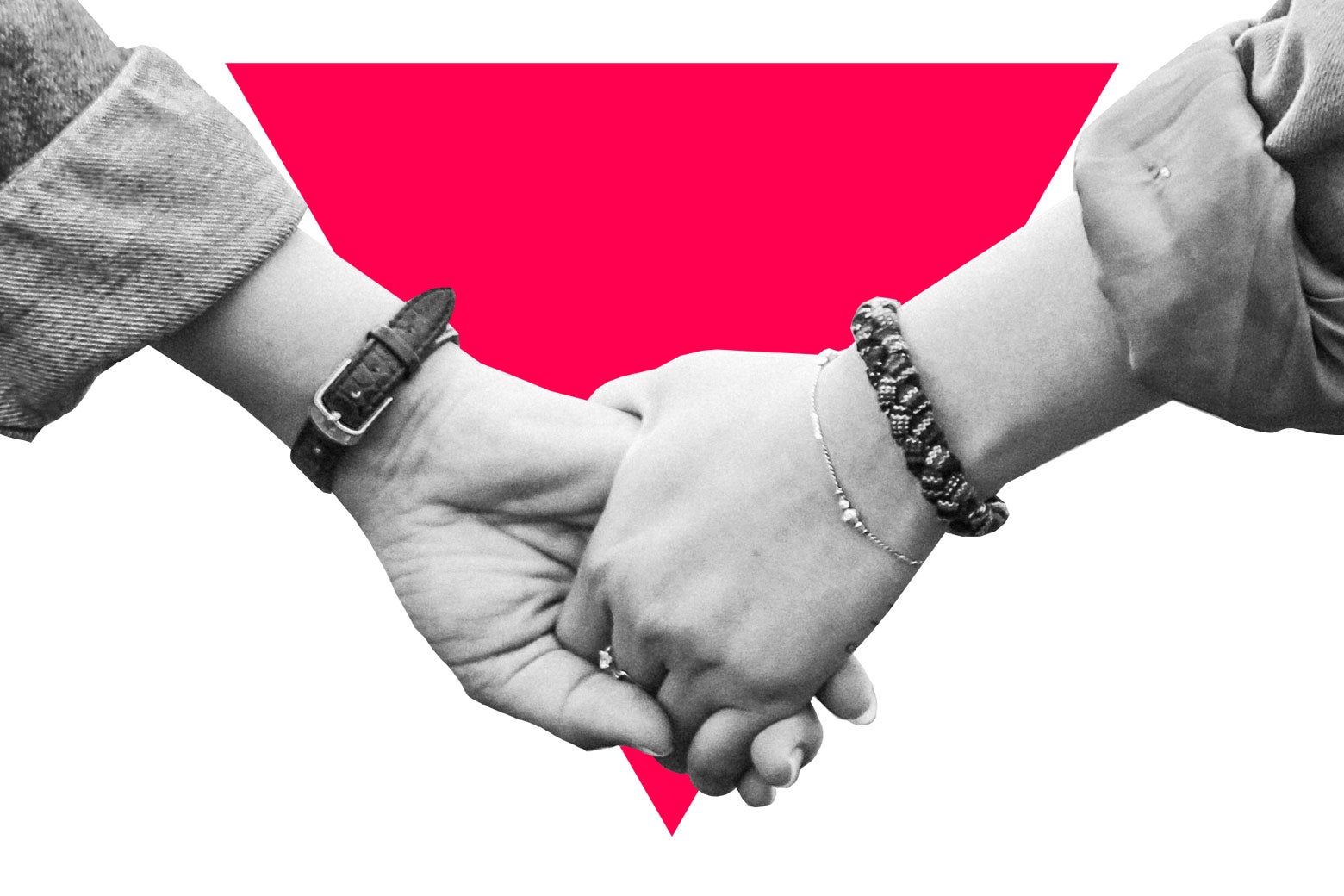Every week, Dear Prudence answers additional questions from readers, just for Slate Plus members.
Dear Prudence,
I came out as queer years ago and it was a massive change in my life. I’d been married to a man, and it ended because of my sexuality. In the years since, being queer became a big part of my identity.
I knew the person I’m married to now was nonbinary and intended to have some gender affirming processes done before we got married. It seems they will end up identifying as trans masc eventually and are on hormones and have surgeries planned. I’m supportive of that and love them no matter what their gender is. However, I’m struggling with my own queer identity in a relationship that will increasingly appear “straight.” How do I reconcile looking straight to the world when I take so much pride in my queerness?
—Straighter by the Day
You deserve to feel understood, and having a circle of friends who get you and your identity, without the need for a lot of explanation, might really help. I’m sure there are online and in-person communities of people who are queer but might be perceived as straight, and these should be your first stops when it comes to commiseration and comfort. But don’t forget that the events you attend, the political and volunteer causes you choose, and the topics you discuss with your friends and loved ones also help to reinforce who you are. And there’s always social media: It’s the perfect tool to hit people over the head—every day, if you want to—with reminders about how you see yourself.
But when it comes to the rest of the world out there, you might have to let it go. And that’s OK; none of us are really being seen by the strangers at the grocery store, the colleagues we only interact with on conference calls, or the people we pass on the sidewalk. In addition to the many gay people who may be perceived as straight, there are others all over who unintentionally “pass,” for example, as a race other than the one with which they identify, or live with invisible disabilities or illnesses.
People in similar situations will be able to speak to this with more authority than I can, but I have a feeling that once your spouse is past their surgeries and you feel more settled in this new phase of your relationship—knowing that you’re still the same person you always were—you might begin to care less about the labels other people use for you.
